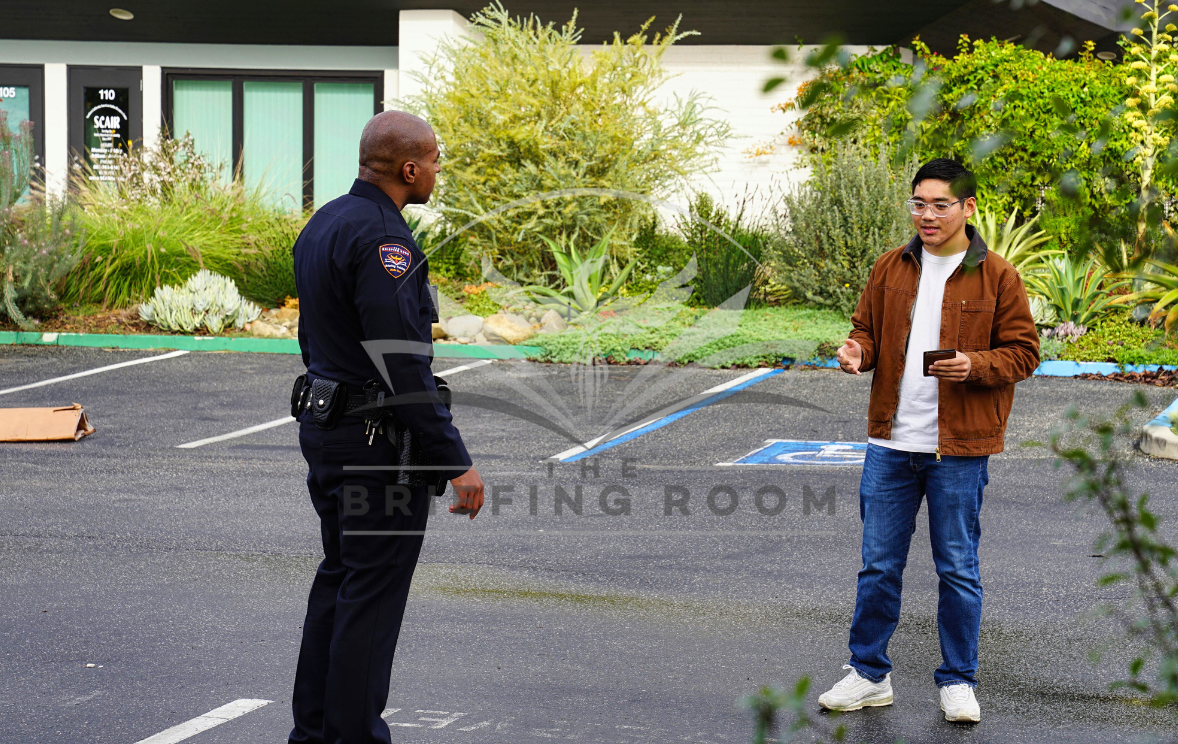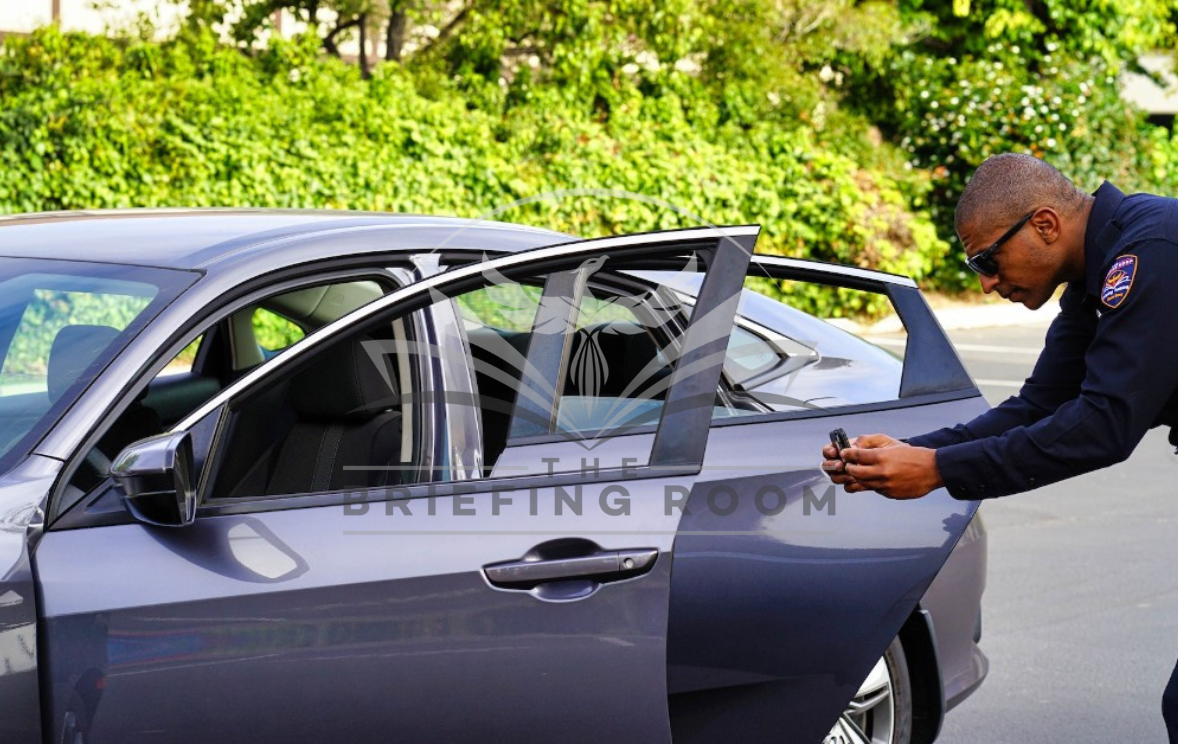Free Briefing Topics
Free Briefing Topics
Frequently Asked Questions
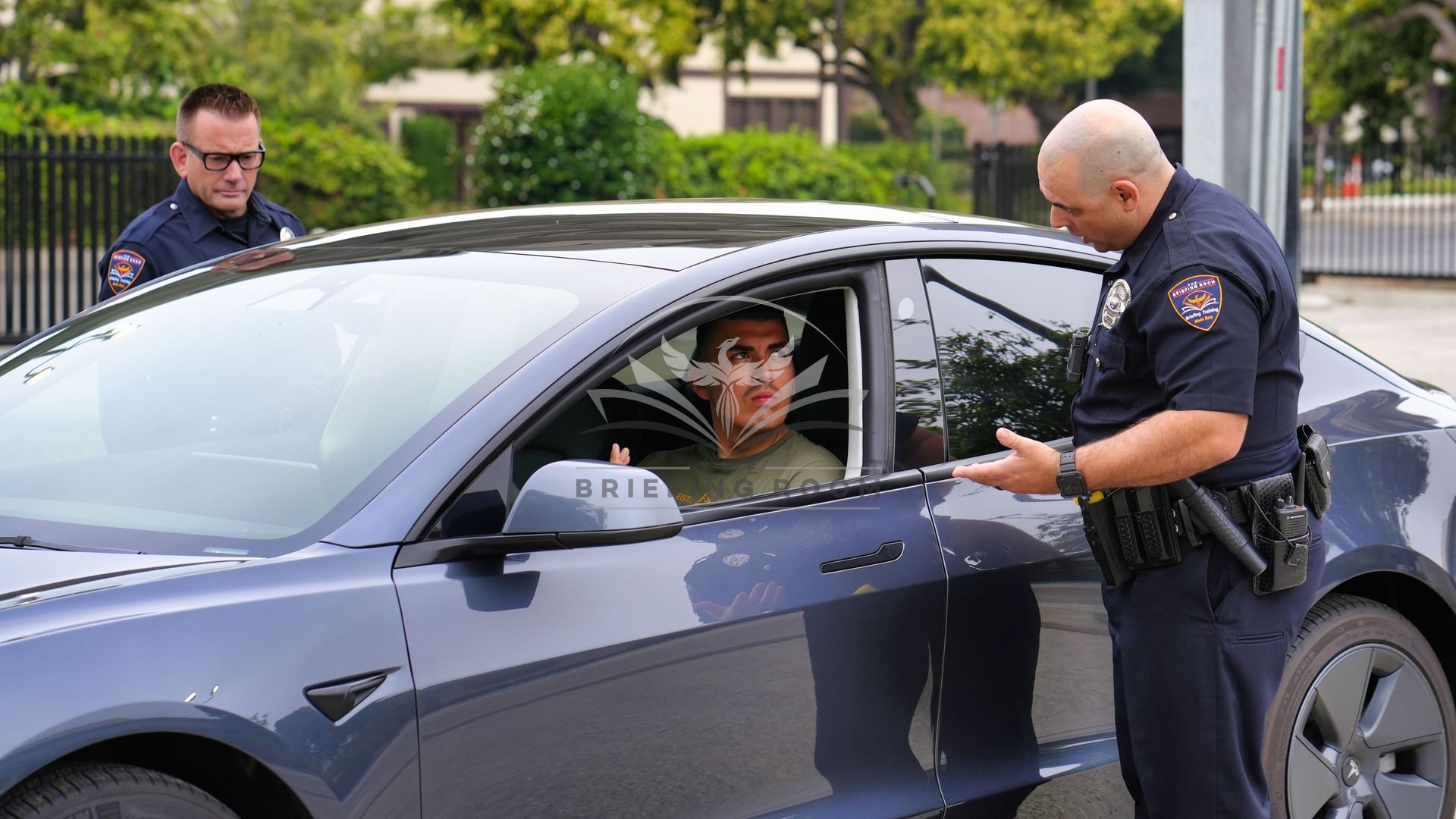
By Jason Louis
•
27 Apr, 2024
While working at a DUI checkpoint, an officer is assigned to request a valid driver's license from drivers when they're stopped. However, one man in a vehicle tells the officer he won't provide his driver's license because there is no reasonable suspicion that he committed a crime, and the 4th Amendment protects his right to refuse. Can the Police Officer demand and ultimately arrest the man if he refuses to provide his driver's license?
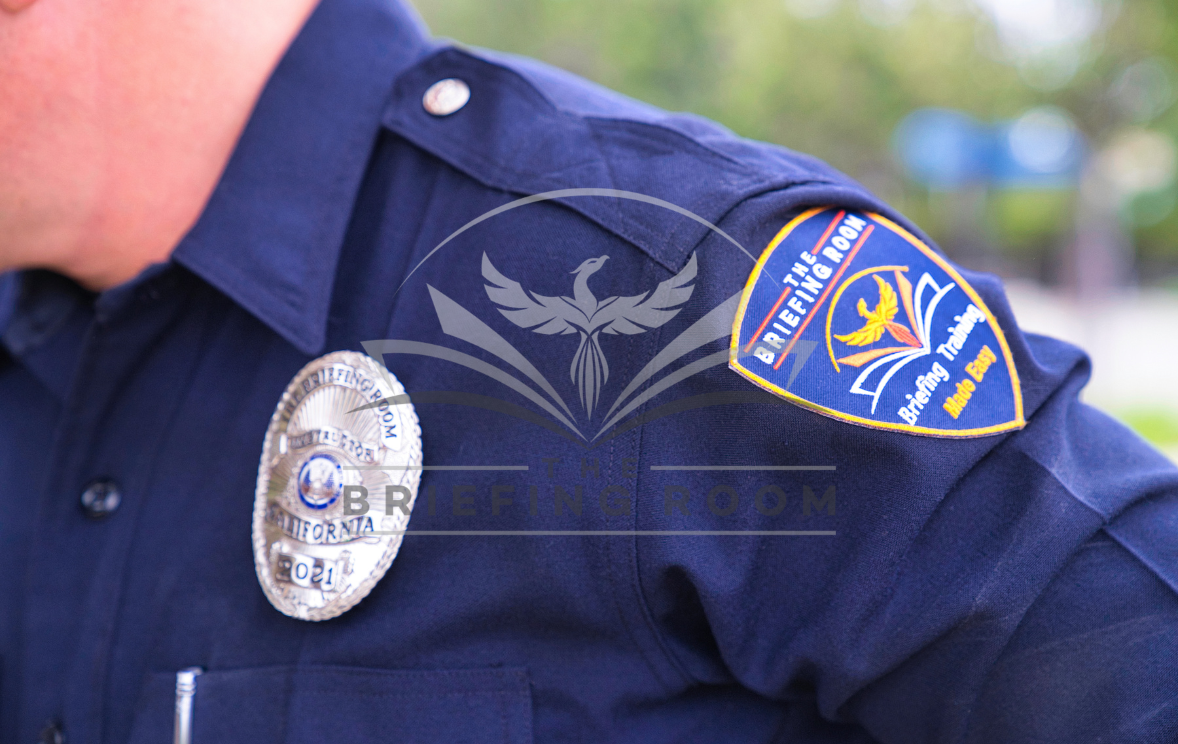
By Jason Louis
•
24 Apr, 2024
Virtually every law enforcement association or oversight group recommends agencies adopt wellness programs to reduce use of force incidents. This is because wellness programs have been shown to help relieve PTSD, depression, obesity, divorce, diabetes, and many other life issues that lead to more significant stress among officers.
Here are some recommendations from the experience of deputies setting up a wellness program within the agency I work for.
First, start with modest goals with minimal to no cost. Find a motivated person in your agency who believes in the mission of a wellness program and work with them to develop these modest goals. These can include finding motivational posters you can hang in the station, cleaning up the station weight room, putting weight scales and blood pressure monitors in the locker rooms, and bringing in a volunteer from the community willing to speak during briefing about healthier eating. The initial goals should be clear benefits to the employees and easy to accompli
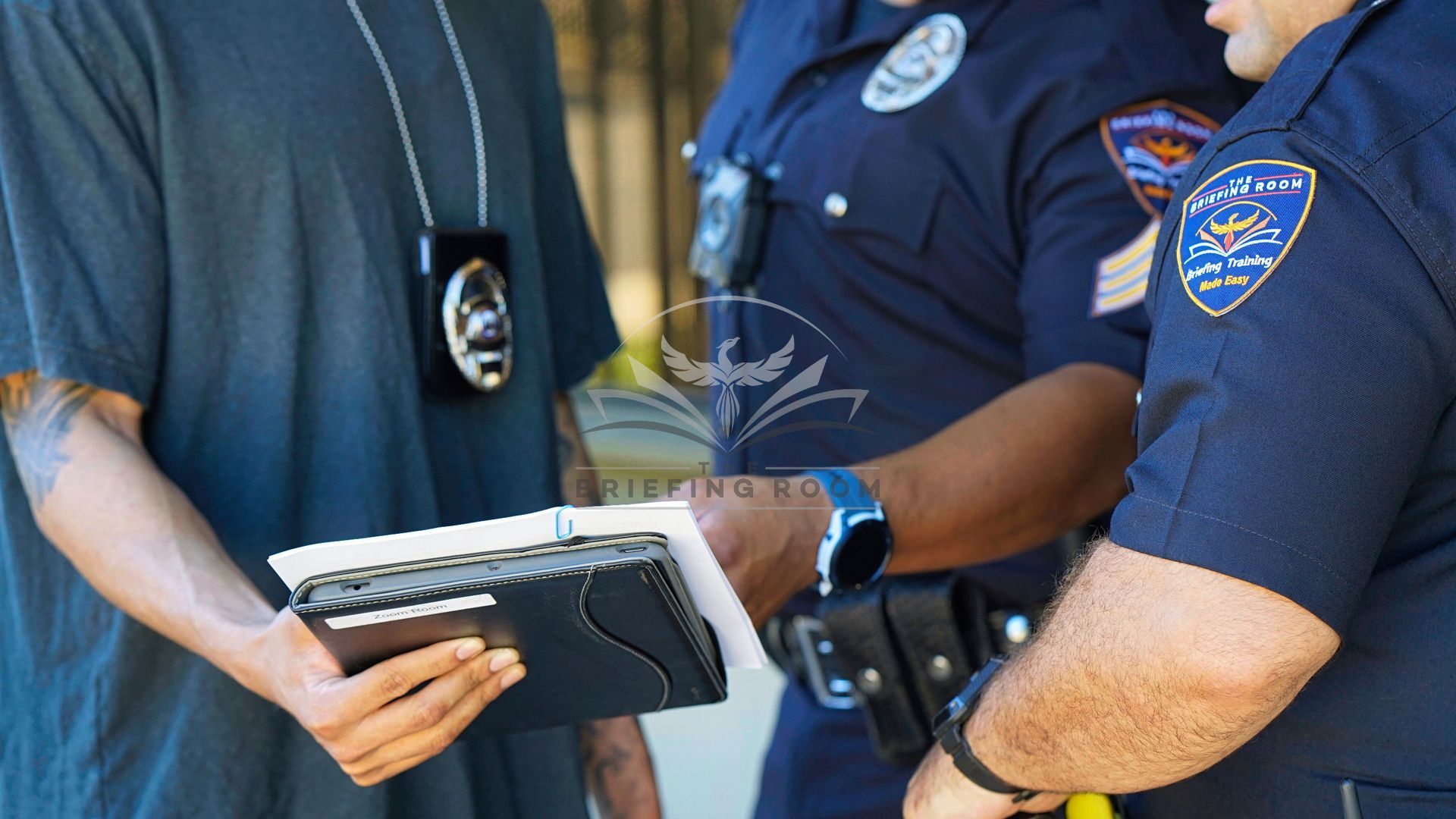
By Jason Louis
•
24 Apr, 2024
Consider this Scenario: Officers obtained a valid search warrant for a motel room. After the warrant was signed by the judge, they decided they wanted to search the suspect’s home. They called the judge, who verbally authorized a search of the second location. The officers didn’t physically amend the warrant.
Question: Is the oral authorization from the judge, without physically amending the warrant, sufficient to allow the search of the second location?
Here’s what the 9th Circuit said on August 30, 2022:
"While a judge had orally approved the search of the home, the text of the Fourth Amendment still requires the warrant to specify the place to be searched."
"...it was not clearly established at the time that the search would violate the Fourth Amendment. An officer could have believed- based on the lack of direct case law at the time- that he or she could search the home because the court had orally approved the search, even if the officer failed to make that change on the warrant."
............
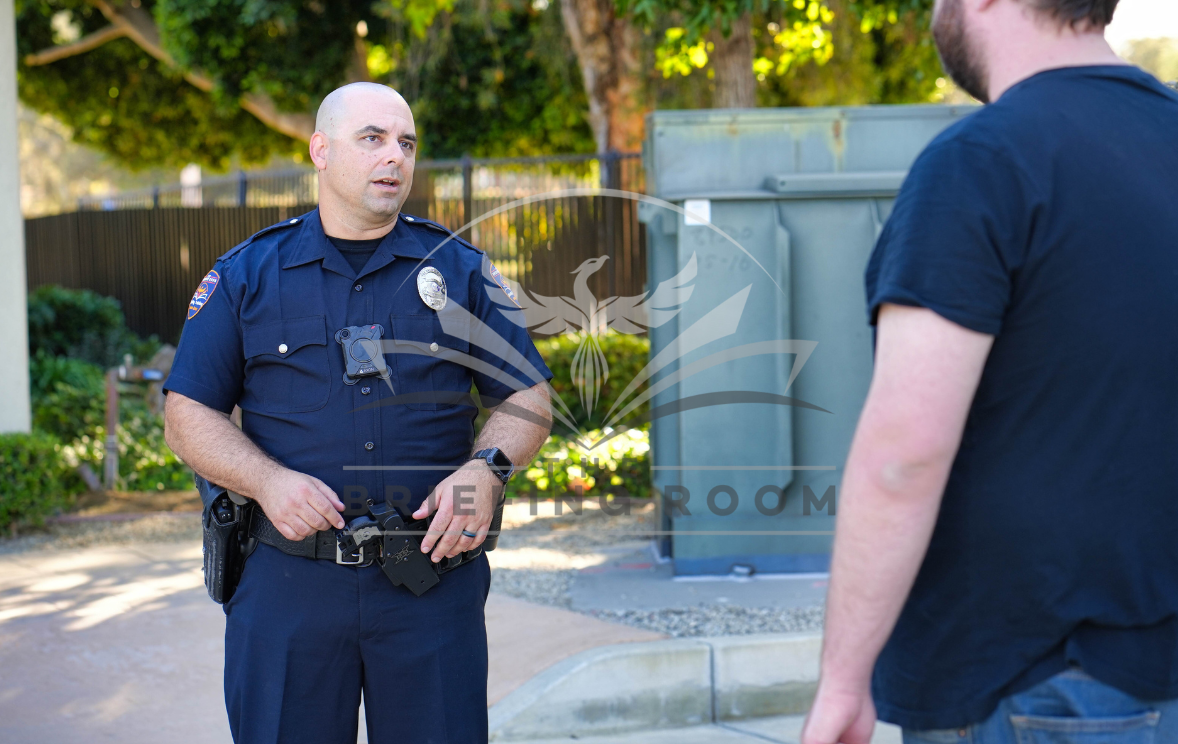
By Jason Louis
•
21 Apr, 2024
Agencies that don't build positive relationships with the community, specifically related to use force, are missing out on a tremendous opportunity to affect how a community responds to a viral use of force incident, even if that incident didn't occur in that agency's jurisdiction.
Community relationships can be improved by proactively organizing use of force discussions with diverse groups within your community. This includes groups representing minorities, the homeless, LGBTQ, community activists, and high school students. These meetings should be run by charismatic officers and use of force experts. For example, it might include a presentation regarding use of force laws and agency policy then an open discussion regarding the group's concerns. Finally, us of force role-playing or time spent in a simulator where they wear police equipment and respond to calls as if they're the officers. In my experience, our most prominent critics are open to listening and shocked to know there are already comprehensive
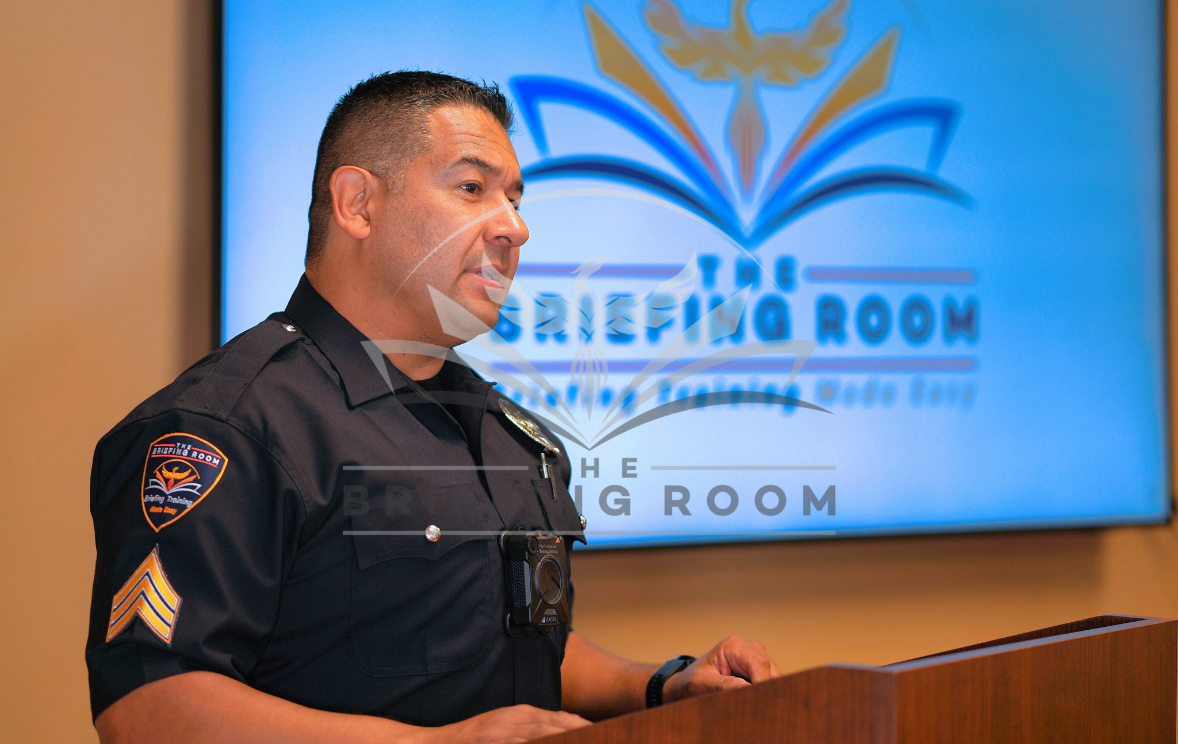
By Jason Louis
•
16 Apr, 2024
After your agency implements use of force data management software or spreadsheets, performance history audits related to use of force should be conducted consistently. Performance history audits of individual officers help supervisors identify warning signs of problematic behavior. They also help identify commendable behavior that might otherwise go unnoticed. Trends that can be analyzed include citizen's complaints, use of force incidents, pursuits, internal affairs investigations and disciplinary reports. Whatever data you choose to track, its important that the data is based on comparing peer group ratios instead of just hard numbers. Using ratios of like groups helps to reduce false flags or false negatives.
Once potentially problematic behavior is identified, it should be handed over to a formal Early Intervention Program within your agency. Early Intervention Programs are non-punitive, proactive interventions designed to correct bad behavior before it turns into policy violations or criminal or civi
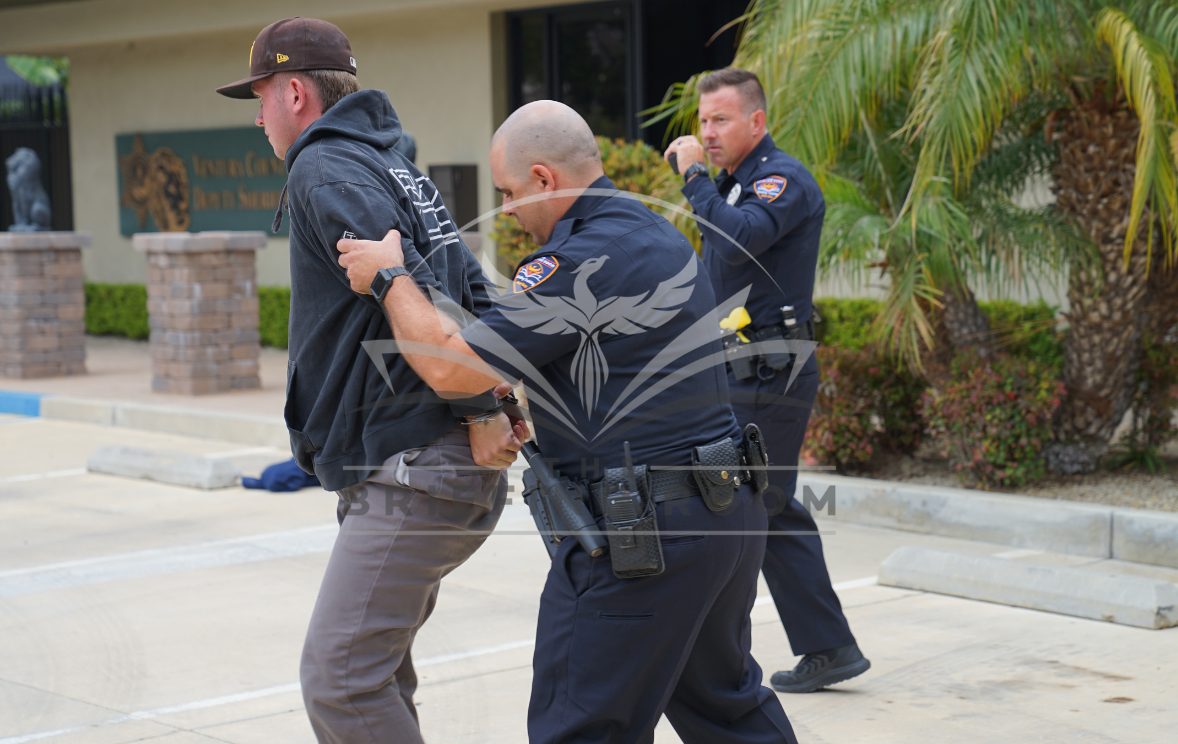
By Jason Louis
•
15 Apr, 2024
Should your agency start to Implement Use of Force Data Management Software?
What are the five most common types use of force on your agency?
Which calls for service have the most probability to end in a Taser usage versus a take down?
What time of day do these incidents typically occur and in what patrol areas?
Unless you're using data management software to track your agency's use of force data, you don't really know the answers to these questions. Force accountability software provides your agency with professional records management and statistical tracking. It provides your Managers and a use of force review unit with instant access to statistical trends and allows you to adjust training and tactics to what is factually happening in the field. And finally, it will help you increase transparency with the public.
There are many different vendors for use of force accountability software including LEFTA Systems and I.A. Pro's Blue Teams. No matter what system you choose to use, the important thi
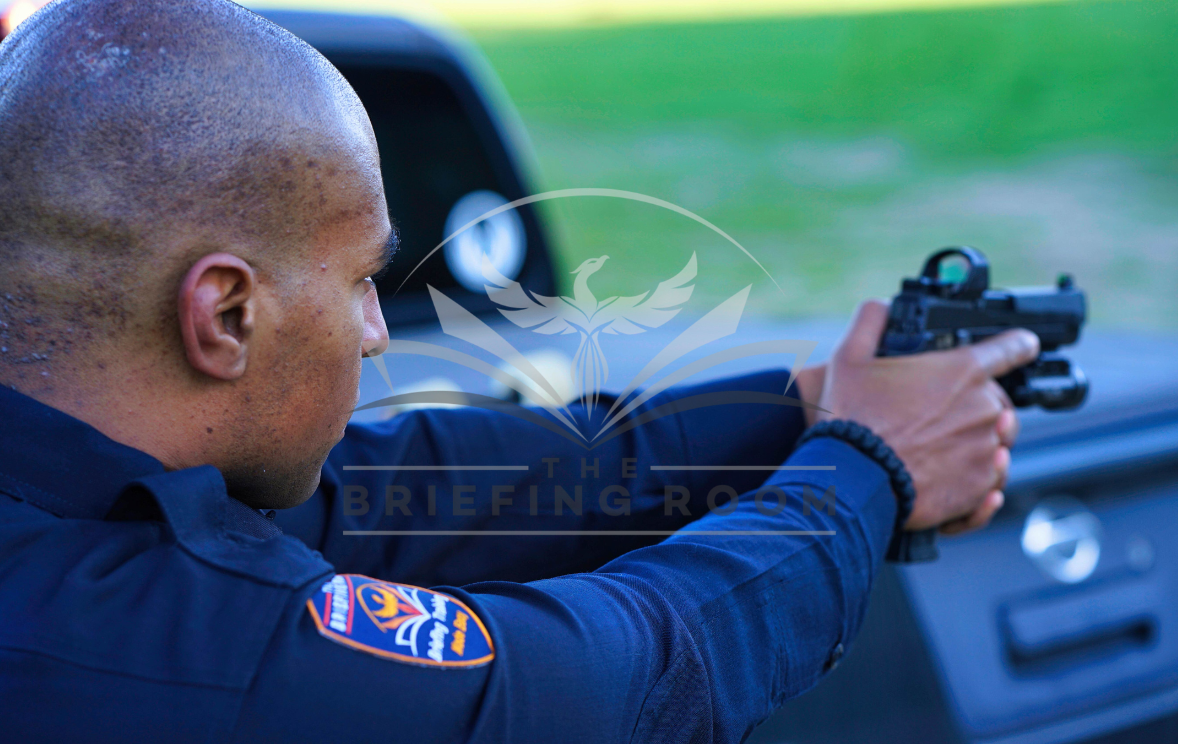
By Jason Louis
•
14 Apr, 2024
Professionalize Your Use of Force Review Process Internal procedural justice among officers is just as important as external procedural justice with the community. If Police officers don't know what's expected of them or discipline is administered unfairly, it can cause hesitancy, resentment and poor morale; all of which is a disservice to your community. Professionalizing your use of force review process so that officer's understand exactly what's expected of them and so they believe their actions will be evaluated fairly goes a long way toward avoiding negativity within an agency. To begin with, an agency should be clear about what the reporting requirements are for each type of force used. California Department of Justice recommends dividing use of force into three levels to provide peace officers with a clear understanding of what to expect in the review process when that level of force occurs. These levels are for reporting and review only and not intended as a force continuum for the application of force. An example of this can be found on pages 36-44 of California DOJ's Review of the Sacramento Police Department, which you can find in the additional resources of this video. Second, a methodical approach to reviews that always asks the same questions should be adopted for the review process. Whether its digital or on paper, specific questions based on law, policy and agency training should be applied to the review process to ensure all use of force incidents are reviewed as similarly as possible every day and officer to officer. An example form we created can be found in the additional resources section for this video. And third, a clear process for the flow of paperwork and disposition of the investigation should be implemented. Officers should be clear about what's going to happen after they write their report. Implementing these three recommendations will go a long way to providing more consistent internal procedural justice and is consistent with modern police use of force oversight.
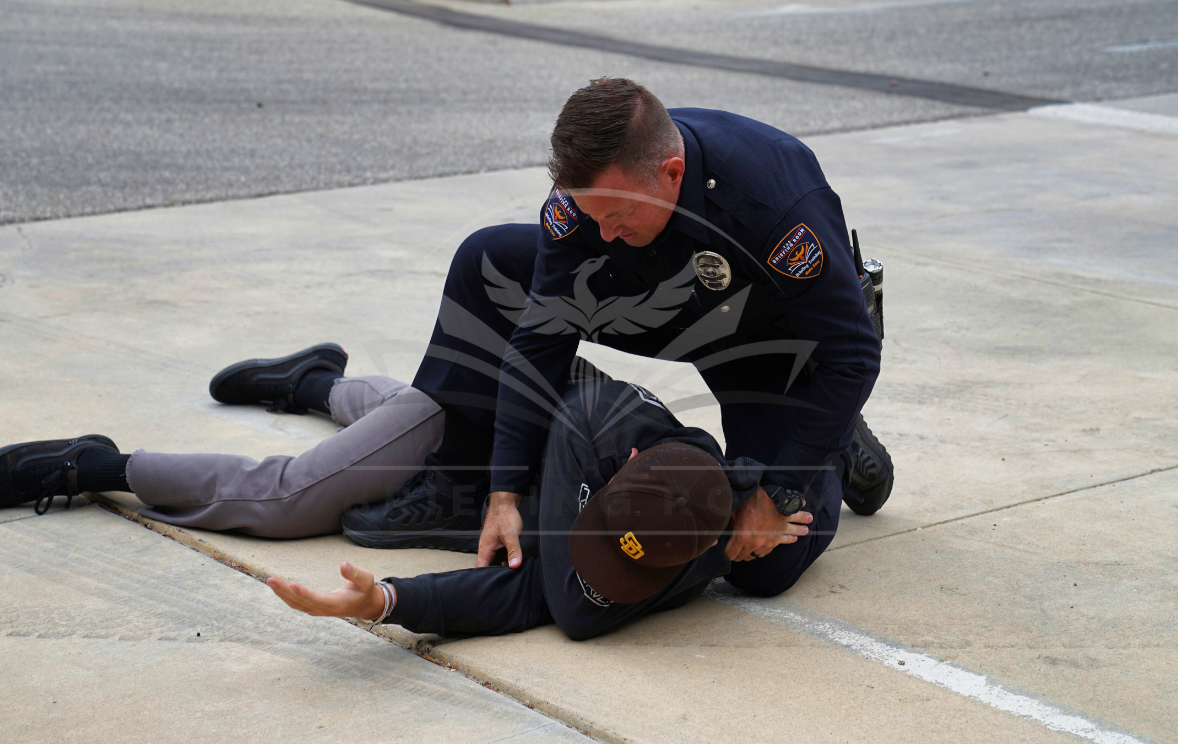
By Jason Louis
•
12 Apr, 2024
If your agency is like most others, use of force incidents only account for around .1 percent of your officer's contacts with the public. Even though that's a low number, use of force incidents are some of the highest liability incidents your agency faces. Agencies can take a proactive approach to reducing lawsuits and injuries by centralizing use of force reviews into one team of officers that review every use of force that occurs. This practice helps ensure standards are upheld during use of force incidents, allows your instructors to adjust training to trends observed in real-world incidents and helps ensure proper internal and external procedural justice for your officers and community.
Even if you're not a large agency with the resources for a full-time review team, which most agency's aren't, you should assign two or more officers who are responsible for reviewing all use of force incidents and for making recommendations to improve your agency's policies and training. Its essential that this group i

By Jason Louis
•
22 Mar, 2024
California Penal Code 13670 makes it a violation of the law to participate in a law enforcement gang. This R.I.S.E. Training Block covers what a law enforcement gang is and how officers can avoid being involved in one. One of the most important things peace officers hold near and dear to their hearts is the camaraderie we have with each other. Police officers can go to any training class anywhere in the country and have an immediate bond with one another. On very rare occasions though, this bond gets a little out of hand, especially when a group of officers begins emulating the behavior of criminal street gangs. We’ve all seen these law enforcement gangs exposed for doing things that quite frankly make most police officers ashamed. I know I’ve seen the aftermath of their actions and thought to myself, “Here’s another step back for all of us.” California’s Assembly Bill 958 created Penal Code 13670 which is meant to directly address the issue of law enforcement gangs. It identifies a law enforcement gang as: “A group of peace officers within a law enforcement agency who may identify themselves by a name and may be associated with an identifying symbol, including, but not limited to, matching tattoos, and who engage in a pattern of on-duty behavior that intentionally violates the law or fundamental principles of professional policing, including, but not limited to, excluding, harassing, or discriminating against any individual based on a protected category under federal or state anti-discrimination laws, engaging in or promoting conduct that violates the rights of other employees or members of the public, violating agency policy, the persistent practice of unlawful detention or use of excessive force in circumstances where it is known to be unjustified, falsifying police reports, fabricating or destroying evidence, targeting persons for enforcement based solely on protected characteristics of those persons, theft, unauthorized use of alcohol or drugs on duty, unlawful or unauthorized protection of other members from disciplinary actions, and retaliation against other officers who threaten or interfere with the activities of the group.” It also provides punishment for anyone participating in a gang, including termination, prosecution, and reporting to any other agency that the individuals might apply to their participation in the “gang activities.” Police officers are having a hard enough time with the public trust at this time in history without bringing more scrutiny on ourselves. So let’s leave the gang activity to the criminals and continue to do the incredible work we do as modern-day police professionals. www.TheBriefingRoom.com 90-Second Training Videos Your Supervisors Use During Briefing or Roll Call To Develop High-Performing Teams of Officers. ✅ Lower Liability ✅ Retain Officers ✅ Build Community Support
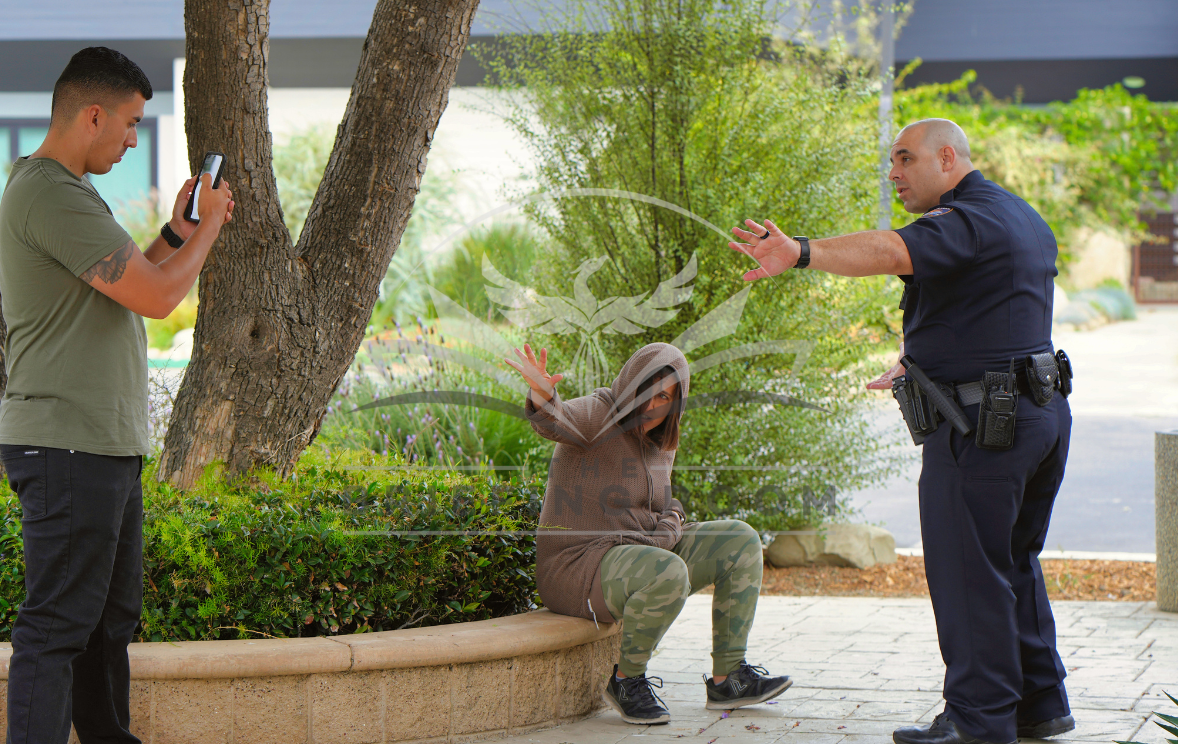
By Jason Louis
•
13 Mar, 2024
This post is only offered as a discussion topic and does not represent legal advice. Officers must refer to the laws in their own State as well as their agency
Scenario: A Police officer responds to a call for service of a woman with mental health issues running in and out of traffic and possibly having a mental breakdown. When the officer arrives, they do the best to deescalate the woman but struggle to control her. A man is standing on the public sidewalk and filming all of this with his cell phone. The woman makes it clear that the man is agitating her by filming. His behavior is making the entire scene impossible to control. You order him to leave several times but he refuses. Can you arrest him?
Question: Is there ever a time when a "First Amendment Auditor" can be arrested in public?
Answer: The 10th Circuit Case of Bustillos v. City of Carlsbad dealt with this exact issue. In the case, the court said, "Throughout the encounter with the woman, the officers told Bustillos multiple times t
© 2024 THE BRIEFING ROOM
Site Design by Solmark Creative | Development by Adam Wills Marketing

